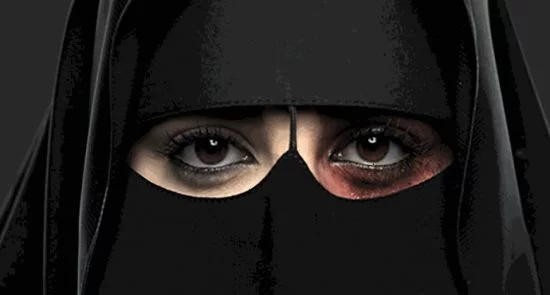Human rights January 5, 2019
Short Link:The Guardian view on Saudi Arabia’s jailed activists: let them go
The Saudi regime locks up and tortures campaigners who advocate reforms it agrees with. This needs to stop.
Ariana News Agency-
Saudi Arabia, the world’s largest oil exporter, has arguably the worst record in the world when it comes to religious freedom, civil liberties and women’s rights. This would not have changed much if the kingdom’s 82-year-old monarch, Salman bin Abdulaziz Al Saud, seen as a conservative figure, was in charge. However, the king is decrepit and does not run the country. Since he ascended to the throne almost four years ago, King Salman’s son, Crown Prince Mohammed bin Salman, has driven Saudi policy.
The prince has certainly shaken things up: starting wars abroad, sparking a crisis with Canada over its well-founded concern about human rights in the kingdom and ordering – it appears – the macabre murder of Washington Post columnist Jamal Khashoggi in the Saudi consulate in Istanbul.
The silver lining on the cloud of his reign was meant to be the prince’s vision for a new, modern nation. But it turns out that Prince Mohammed is too much of a dangerous narcissist to share the limelight with like-minded reformers. He no doubt cannot tolerate that others might take credit for moving the kingdom out of its medieval mindset.
Hence the regime allowed women to drive last year, but a month before the ban was lifted it arrested activists who had for years peacefully advocated for the change. One of those detained was Loujain al-Hathloul, a prominent campaigner who was photographed at the 2016 One Young World Summit with Meghan Markle. News of Ms al-Hathloul’s arrest leaked out a few days before Ms Markle married Prince Harry.
Since November there have been credible reports that the activists, who have yet to be formally charged, have been tortured by Saudi authorities, a claim denied by Riyadh.
In logic of which Kafka would be proud, Saudi Arabia under the House of Salman seems a place where agreeing with the crown prince can see you imprisoned, beaten, waterboarded and electrocuted. Being killed and dismembered are punishments reserved for those who disagree. At least in the old Saudi Arabia only critics faced a crackdown. If today’s nation wants to be different then it has to act differently.
That is why the offer by British parliamentarians to review the conditions of Saudi activists should be taken seriously by the kingdom. The MPs are led by Crispin Blunt, a Conservative MP who has defended the kingdom. It contains a Labour MP who has sung the praises of the “modern, progressive” Saudi Arabia.
Granting such “friends” access to the campaigners and allowing them to interview officials responsible for their detention would be the first step towards a suitable response by Saudi Arabia to international criticism of its human rights record. Riyadh should also signal that the release of jailed civil rights activists is on the cards.
There is much to be undone. The new Saudi Arabia is not the same as the old Saudi Arabia. It is worse. Last year Saudi authorities began seeking the death penalty against dissidents not accused of violence. Which is why UK policy ought not to put trade and arms deals ahead of human rights. If the House of Salman wants Saudi Arabia to be more liberal and modern then it needs to reverse such reactionary and vengeful policies. Otherwise it will not be reforming the kingdom, but simply rebranding it.










